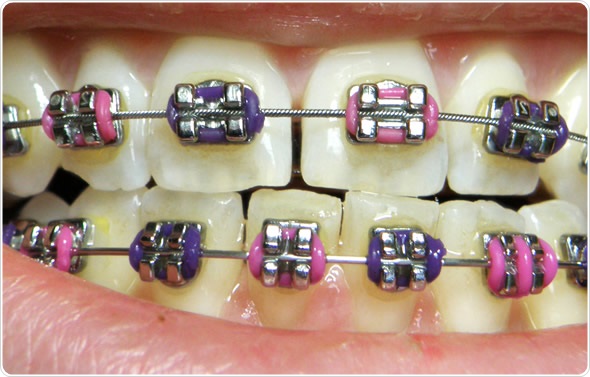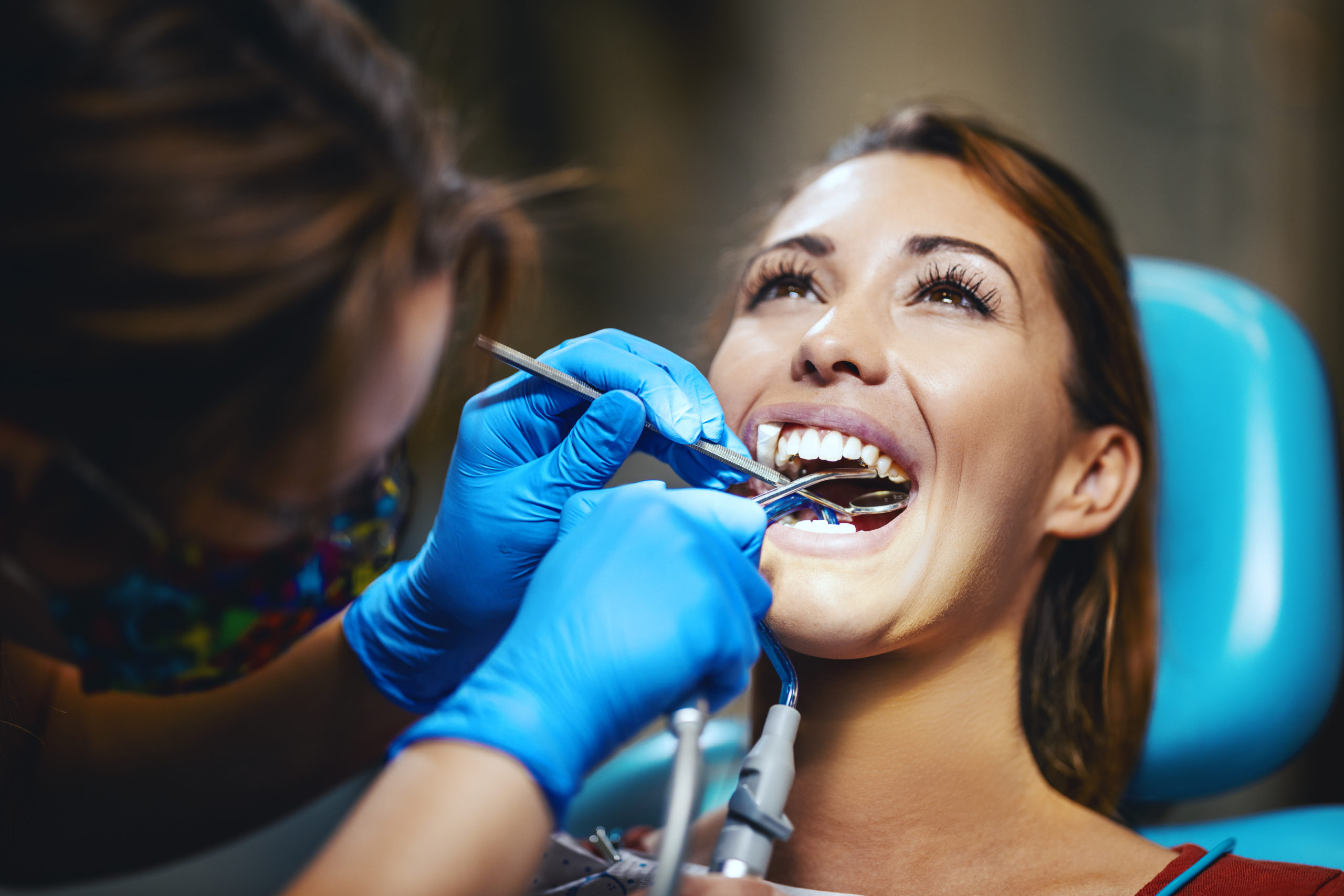Comprehensive Guide to Orthodontics Treatments for Dealing With Dental Misalignments
In the world of orthodontics, the trip to achieving a completely lined up smile involves a myriad of treatments customized to correct oral misalignments. From conventional dental braces to invisible aligners and even medical options, the area of orthodontics supplies a variety of solutions to resolve differing degrees of oral irregularities. Recognizing the ins and outs of each treatment, including their devices, advantages, and potential downsides, is critical in making educated choices about one's orthodontic treatment. As we navigate through the thorough overview to orthodontic procedures for correcting oral misalignments, the detailed information of each technique will unravel, clarifying the course towards a practical and unified oral placement.
Orthodontic Procedures Introduction

In enhancement to conventional dental braces and clear aligners, orthodontists might additionally recommend other treatments like headwear, palatal expanders, or retainers to deal with certain alignment problems (cumming invisalign). These treatments are tailored per patient's special requirements and may include a combination of therapies to achieve the desired outcomes. Normal adjustments and tracking are critical components of orthodontic treatment to make sure progression is on track and to make any kind of required modifications along the road. By undergoing orthodontic treatments, individuals can not just achieve a straighter grin but likewise boost their general oral wellness and feature.
Typical Dental Braces: How They Work
When thinking about orthodontic treatments for dental imbalances, conventional dental braces stand apart as a reliable method for remedying teeth positioning. Typical dental braces are composed of braces, wires, and bands that interact to use continual stress on the teeth, gradually relocating them into the desired alignment. The brackets are connected to the teeth utilizing a special adhesive, and the wires are threaded through the brackets. By changing the tension of the cables, orthodontists can regulate the direction and pressure put on each tooth, guiding them into appropriate placement gradually.
One key element of how traditional dental braces job is the process of bone remodeling. As stress is put on the teeth via the braces, the bone bordering the teeth is reshaped to sustain the brand-new tooth settings. This improvement is necessary for the lasting security of the remedied positioning. Individuals will certainly require normal changes at the orthodontist's workplace to ensure the dental braces remain to use the right stress for reliable teeth motion.
Unnoticeable Aligners: Advantages And Disadvantages
Unseen aligners use a discreet and practical option to standard dental braces for correcting dental imbalances. These clear, tailor-made trays are practically undetectable when used, making them an attractive alternative for people seeking a more visually pleasing orthodontic therapy. One of the primary advantages of undetectable aligners is their removability, permitting for easier upkeep of dental hygiene compared to conventional braces. Clients can eliminate the aligners prior to eating or cleaning their teeth, reducing the threat of food getting embeded the device and simplifying the cleansing process.

Surgical Orthodontic Options
Surgical interventions in orthodontics existing viable alternatives for dealing with complex oral misalignments that might not be properly resolved with traditional orthodontic therapies. While typical braces and unnoticeable aligners can correct lots of orthodontic concerns, certain cases need surgical treatment to accomplish optimal outcomes. Surgical orthodontic alternatives are usually suggested for serious malocclusions, considerable jaw inconsistencies, and cases where the underlying bone structure needs alteration to accomplish proper placement.
One common medical orthodontic procedure is orthognathic surgery, which includes rearranging the jaws to fix functional issues such as difficulty speaking or eating. This surgery is typically executed in partnership with an orthodontist that aids line up the teeth prior to and after the procedure. Surgical orthodontics may likewise entail procedures to reveal influenced teeth, remove excess periodontal cells, or improve the jawbone to produce a more harmonious facial profile.
Before thinking about surgical orthodontic choices, patients undergo a comprehensive assessment to establish the need and prospective benefits of such interventions. braces. While surgery may appear overwhelming, it can dramatically improve both the function and looks of the smile dental lab in cases where conventional orthodontic therapies fail
Retainers and Post-Treatment Treatment

Post-treatment care entails adhering to the orthodontist's guidelines vigilantly. This may consist of proper oral health techniques, going to follow-up consultations, and putting on the retainers as prescribed. Failure to abide by post-treatment treatment guidelines can result in regression, where the teeth slowly return towards their original positions. Constant retainer wear, excellent oral hygiene, and routine dental check-ups are crucial for maintaining the outcomes achieved through orthodontic surgical treatment and guaranteeing the lasting stability of the dealt with dental alignment.
Verdict
To conclude, orthodontic procedures provide various choices for correcting dental misalignments. Traditional dental braces use steel brackets and cables to move teeth into proper positioning. Invisible aligners offer an even more discreet alternative however might blog here not appropriate for all cases. Surgical orthodontic alternatives are readily available for more severe imbalances. Retainers are commonly utilized post-treatment to keep the brand-new alignment. Overall, orthodontic treatments can successfully enhance oral health and visual look.
As we browse via the thorough overview to orthodontic procedures for remedying dental misalignments, the detailed details of each technique will certainly unravel, dropping light on the path towards a unified and practical dental placement. - cumming braces
One of the most usual orthodontic treatments is the use of braces, which consist of metal brackets and cords that use mild pressure to progressively change teeth into the desired placement.When thinking about orthodontic therapies for oral imbalances, traditional braces stand out as a time-tested technique for correcting teeth positioning. Furthermore, unnoticeable aligners might her latest blog not be ideal for intricate orthodontic concerns that require more significant teeth activity, as they are commonly advised for moderate to moderate situations. Retainers are personalized orthodontic devices developed to hold teeth in their remedied placements after the conclusion of orthodontic therapy.
Comments on “What Sets Cumming Braces and Aligners Aside From Various Other Orthodontic Treatments”